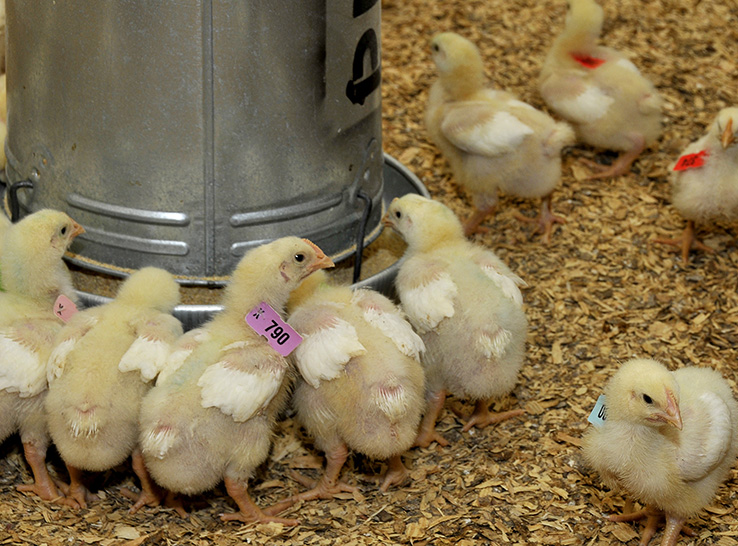
New probiotic shown to improve digestion in poultry, swine
A novel probiotic has been developed as a direct-fed microbial in both poultry and swine feed to improve gut health and weight-gain efficiency, according to the University of Arkansas.

A novel probiotic has been developed as a direct-fed microbial in both poultry and swine feed to improve gut health and weight-gain efficiency, according to the University of Arkansas.

Reducing the use of phosphate in feed can increase the security of raw material supply, cut costs and reduce farming’s environmental impact. But can this be done effectively without compromising bird health and welfare?

In the last 2 decades, strides in poultry nutrition helped build profitability for poultry producers in the US and around the world. Average US feed-conversion rates (FCR) have improved by 23 points (0.23) since 2000, according to Michael Kidd, PhD, professor in the Department of Poultry Science at the University of Arkansas.
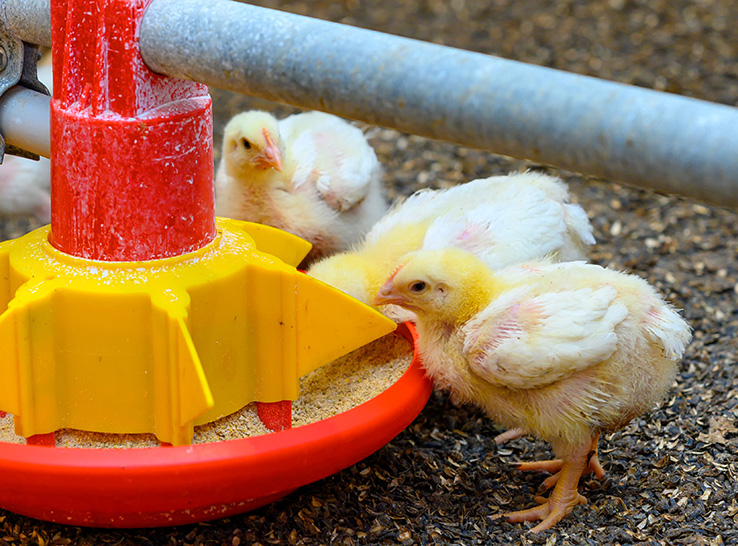
A multi-species microbial feed product outperformed single-species products during a disease challenge, according to research presented at the 2024 International Poultry Scientific Forum by Kevin Bolek, PhD, microbials innovation director for Phibro Animal Health.

Poultry genetics has evolved rapidly in the last 2 decades and continues to advance steadily, but research from Cargill Animal Nutrition suggests that birds’ diets need to be updated alongside genetic progress to maximize performance.
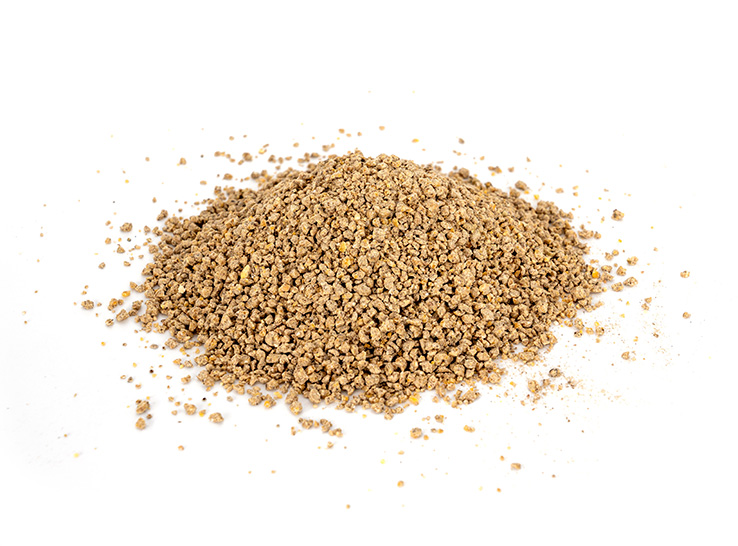
For laying hens, bone health and eggshell development are critical aspects of lifetime productivity, and calcium supplementation can be beneficial. But when does it become too much of a good thing?
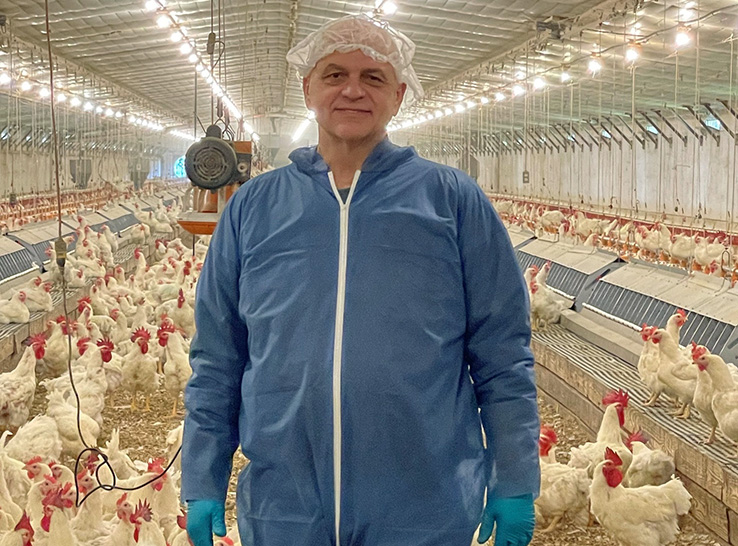
By W. A. Dozier, III, PhD
Department of Poultry Science
Auburn University and
Alabama Cooperative Extension System

At the 2024 Poultry Science Association meeting, Molly Lobel, PhD, and her team at the University of Kentucky presented their findings from a study involving feeding mycotoxin-contaminated corn fines to broilers and exposing the birds to heat stress.

Saponins have become an increasingly common additive in poultry diets over the past decade, thanks to their potential to support bird health and reduce emissions, but it’s crucial for producers to carefully select the right saponins to maximize benefits for their flocks.

Research is showing how to effectively adjust amino acid levels in layer pullet diets, maintaining birds’ longevity and egg production without adding cost.

Advanced microbiome analysis using non-lethal sampling and machine learning can guide changes on broiler farms that lead to earlier gut maturation in birds and performance gains, according to research using the technology with multiple flocks.
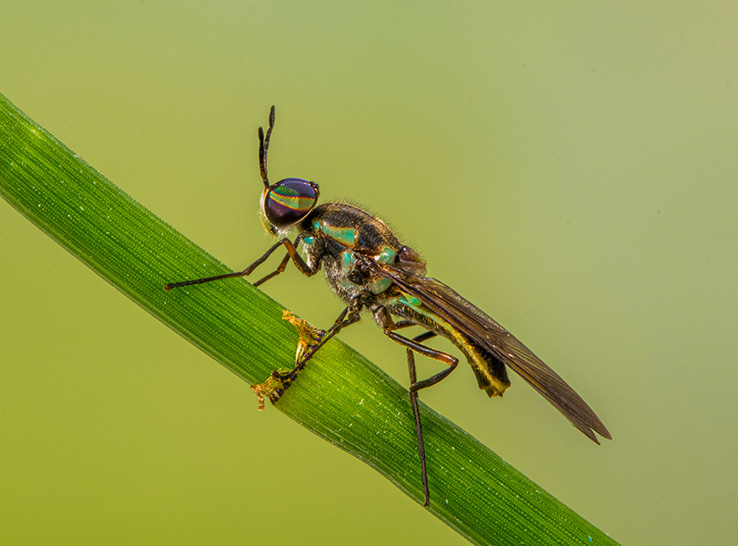
Black soldier fly is increasingly well-known as a sustainable alternative protein. But frass, a byproduct of producing meal from the insect, could also offer an option for feeding growing broilers.